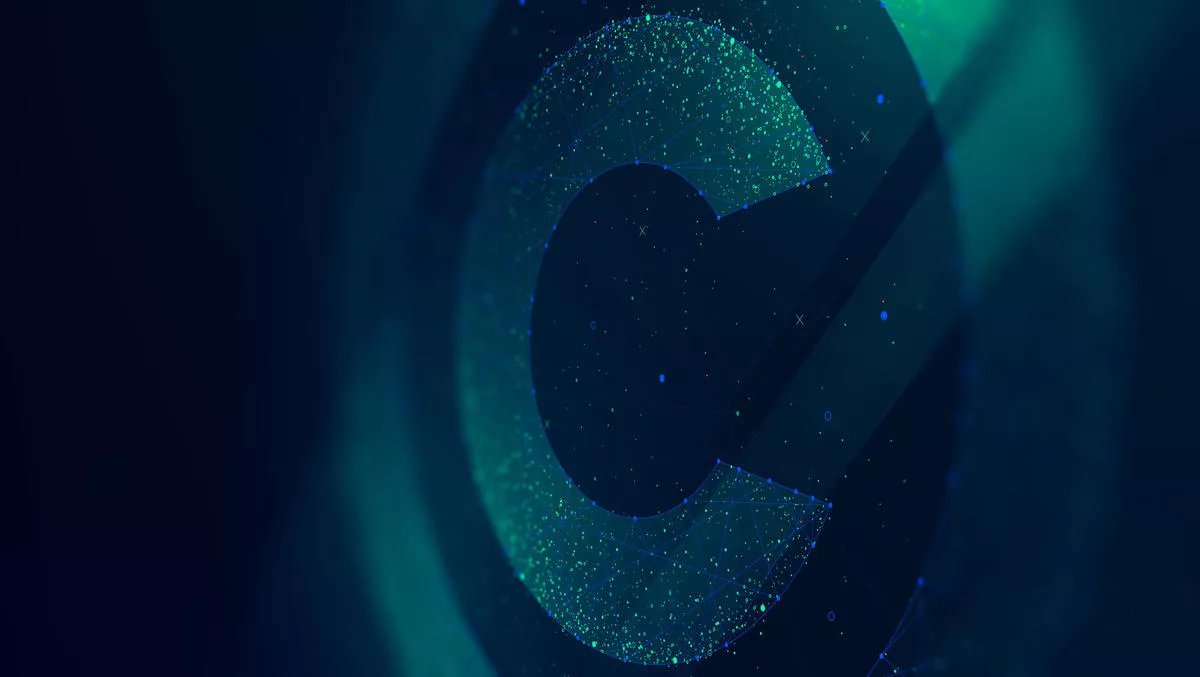
LIFE, LIBERTY AND THE RIGHT TO SURF
As the internet permeates further into our daily lives and as more, seemingly vital, technologies operate only online, has access to the internet become a basic human right? Last year, section 92A of the Copyright (New Technologies) Amendment Act attracted controversy over the potential punishment of internet disconnection for repeat copyright infringement. Opposition to section 92A often centered on disconnection being a derogation of a basic human right.
Critics of the Act drew an analogy with the disconnection of a phone line or expulsion from the postal system. The internet has become so integral, the argument went, that disconnection was akin to cruel and unusual punishment. Across Europe many nations are struggling with the same issues. France, Finland, Estonia and Greece have all recently implemented laws making broadband internet a legal right. In Finland for example, all five million residents will be guaranteed access to a 1Mb broadband connection from July 2010.
However, this is not as radical as it first looks. When discussing the right to broadband access, the Finnish government specified that no household would be further than two kilometres away from a broadband connection and that around 2000 isolated households would not be included in the plan. If a 'right' to guaranteed access is satisfied merely by having a broadband connection in every neighbourhood, it seems a stretch to consider this as affirmation of a new human right. Leaving a discussion of the effectiveness of disconnection aside, a right to access does not include an absolute right notto be disconnected as a punishment.
By analogy, the right to liberty includes the right for the state to lock you up should you be found guilty of a serious crime. Also, all 'rights' are not created equal; a legal right is not a human right. A legal right exists within a jurisdiction, guaranteeing standards that are common to all people within that discrete society. A human right exists everywhere, inherent in all of us.
Access to the internet, rather than being a right itself, is a tool that can help secure other rights. Just as the right to life carries with it an obligation on the state to have a criminal law and a competent police force, there is potential for online resources to become so integral to the guarantee of other rights, that access to those resources may oblige the state to ensure adequate internet access. Which is a question in itself: should the state be ultimately responsible for providing adequate internet access? Or should it be left to private enterprise and subject to market forces?
If, for example, the laws of a country are only readily available on the internet, access to the internet becomes integral to the right to a fair trial. Or if online voting systems replaced polling booths, a secure internet connection may be required to ensure that the right to participate politically is upheld. While human rights do change over time as society develops, and legal rights can become human rights through widespread practice and consensus, at this time it is a leap too far to call access to the internet a basic human right. It may be so in the future, but currently that is certainly premature. After all, if water remains heavily contested as a basic human right, can we really say that the internet is even close behind?

